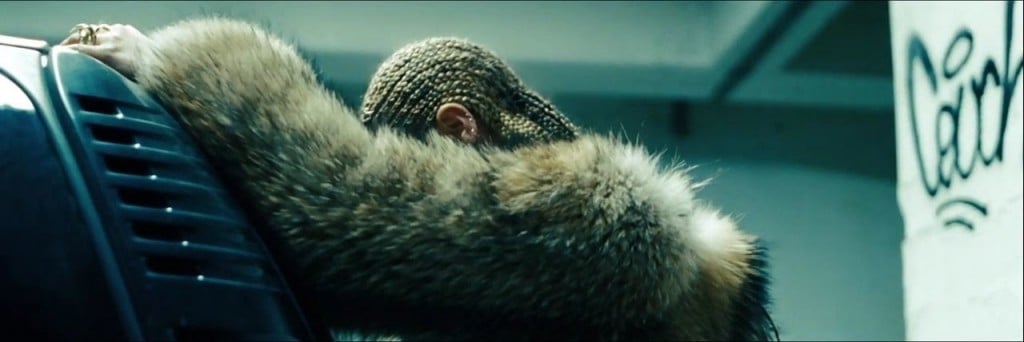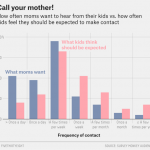
I’m at First Things, reviewing Beyoncé’s visual album “Lemonade,” which does a remarkable job telling a story about a marriage that is wounded, but not unmade, by betrayal.
“Hold Up” is still dreamlike, more of an imagined, idealized anger than actual rage. Beyoncé doesn’t take second swings at her targets, she seems to have no particular animus for anything she smashes. In fact, when she knocks the top off of a fire hydrant, children rush forward to play in the spray; a perfect realization of “My wounds are fertile!” from Leslie Jamison’s “Grand Unified Theory of Female Pain.” But her wounds won’t actually be transfigured for at least five more songs.
I’m focusing fairly narrowly here on the story Beyoncé is telling about marriage, so I wasn’t able to touch the racial/political angles as much. One commenter there objected to too much praise for Beyoncé/her character in the visual album, so I figured I would share that exchange here. (He’s bold, I’m italics).
“[S]he walks down the street smashing storefronts with a baseball bat”
I lost sympathy for the character there.
I really appreciate people telling a range of stories about redemption/transfiguration, including those that don’t begin well, so that people can recognize that this is the intended ending for them, wherever it is that they happen to begin.












